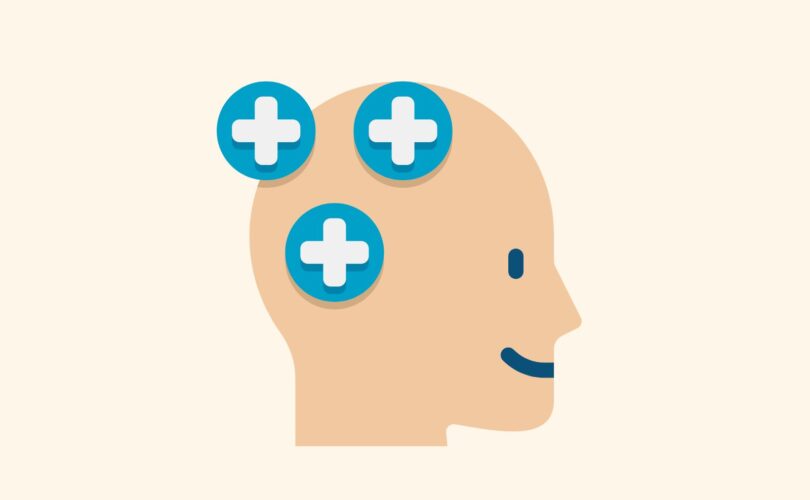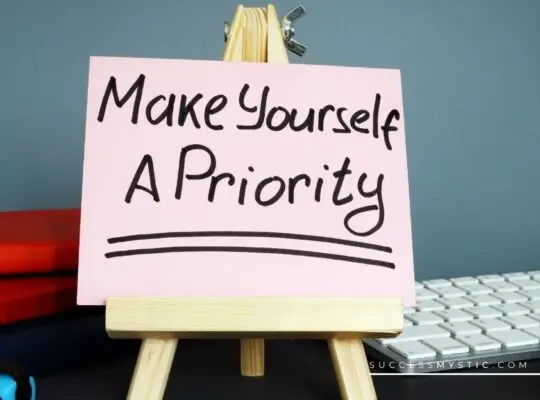Psychological needs are the basic fundamental needs that drive human behavior. These needs are innate and universal, meaning that they are present in all human beings regardless of their culture or upbringing. All people crave for these needs to be met.
Psychological needs drive behaviors because they are essential for our survival, well-being, and growth as individuals. When our psychological needs are met, we feel satisfied, happy, and fulfilled. On the other hand, when a person’s psychological needs are unmet, they may experience negative emotions, stress, and anxiety, which can lead to maladaptive behaviors.
Overall, psychological needs drive behaviors because they are essential for your physical, emotional, and psychological well-being. Understanding psychological needs and how they influence behaviors can help all people lead more fulfilling and satisfying lives. To begin gaining a better understanding of your own psychological needs that drive your behaviors, consider these top ten strategies:
#1 Practice Self Reflection On A Regular Basis
Take time to reflect on your emotions, thoughts, and behaviors. For example, you can spend a few minutes reflecting at the end of each day by simply thinking through everything you experienced.
Ask yourself why you are feeling a certain way, or why you reacted in a certain way during your day. This can help you identify patterns and underlying psychological needs that aren’t being properly met.
#2 Seek Feedback From Others Who You Love And Trust
Ask people you love and trust for feedback on your behavior. Sometimes others can provide insights into our motivations that we may not see ourselves. Seeking this kind of information can be difficult (it’s always an eye-opening and uncomfortable experience to have someone else give you feedback about something personal) but doing so can give you a better understanding of the psychological needs you have that aren’t being 100% met.
#3 Keep A Journal
Write down your thoughts and feelings regularly. This is a form of self-reflection you can engage in daily. Because it creates a written record of the behaviors you’re trying to explore and examine, it can make reflection a lot easier.
A journalized record can help you identify patterns in your behavior and understand your psychological needs better over the course of days, weeks, months, and even years.
#4 Take A Personality Test To Gain A Better Understanding Of Your Psychological Needs
Personality tests can provide insights into your personality traits and preferences, which can help you understand your psychological needs. You can find a variety of these tests for free online, though it is important to remember that they are only going to provide you with basic, broad overviews of your needs.
To explore their results further, it is best to consult with a mental health professional. Think of a personality test as a good starting point to guide your journey to better understanding your psychological needs and how they impact your behavior.
#5 Learn About What Your Basic Psychological Needs Actually Are
Basic psychological needs such as safety, belongingness, esteem, and self-actualization can provide a framework for understanding your motivations and behaviors. Take some time to really understand what these needs are for you.
For example, you may feel physically in your own apartment, but if you struggle to feel like you belong with your other roommates, that aspect of your psychological needs may be going unmet.
#6 Identify Triggers That Cause You To Behave In Specific Ways
Triggers are stimuli that elicit a specific response from a person. Identify situations or people that trigger certain emotions or behaviors from you. This can help you understand what psychological needs are driving those behaviors.
For example, if you feel emotionally triggered by seeing groups of friends having fun out in public, you may be missing a basic sense of belonging with others – your emotional response is the behavior that exhibits that psychological need going unmet.
#7 Engage In Mindfulness Practices
Mindfulness can help you become far more aware of your thoughts, feelings, and bodily sensations. This can help you understand your psychological needs and become more intentional in your behavior.
For example, mindfulness can help you recognize when you’re feeling too tired to keep working – rather than plowing through more of your work, you may use this mindfulness practice to help yourself meet your psychological need for resting instead of continuing to work.
#8 Seek Therapy Or Counseling From A Mental Health Professional
Therapy can provide a safe and supportive environment to explore your emotions, thoughts, and behaviors. A trained therapist or counselor can help you identify underlying psychological needs and work towards meeting those needs in healthy ways.
Unfortunately, visiting a mental health professional for assistance comes with a stigma – you may resist the idea of contacting a therapist or counselor because you feel like doing so makes you “crazy.” However, this is never the case.
Mental health professionals are fantastic resources for gaining a better insight into your specific behavioral patterns and how they may be reflective of your psychological needs. Rather than resisting their help, treat a trip to your mental health professional like any other tune-up. They are ready and willing to help you and show you different strategies for tackling your behavioral issues.
#9 Read More Self-Help Books
There are many self-help books that can provide insights into human behavior and offer strategies for meeting psychological needs in healthy ways. Understanding more about how your psychological needs drive your specific behavioral patterns can help you understand yourself much more clearly.
#10 Take Action On Understanding Your True, Specific Psychological Needs
Once you have identified your psychological needs, take action to meet those needs in healthy ways. This may involve changing your behaviors, seeking support from others, or making changes in your environment. Making these kinds of changes can be challenging; it’s essential to remember that taking the first step toward making these kinds of big changes is the hardest part of the process. Once you begin gaining that broader understanding of how your psychological needs are driving your behaviors, making necessary changes becomes smoother.








